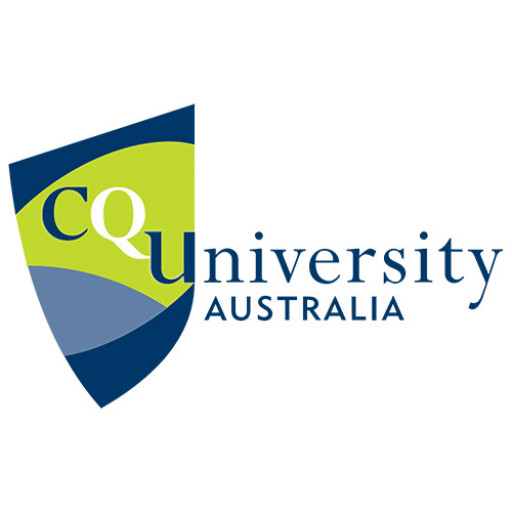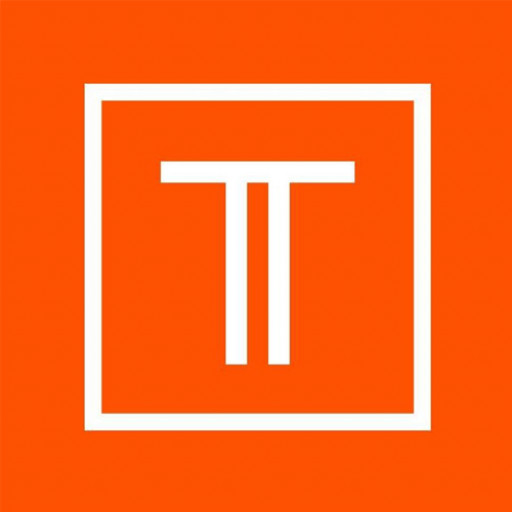Photos of university / #rmituniversity
The Bachelor of Health Science program at RMIT University offers a comprehensive foundation for students interested in pursuing a dynamic career in healthcare and wellbeing. Designed to provide a broad understanding of health-related topics, this degree equips students with essential knowledge in human biology, public health, health promotion, and health systems management. Throughout the program, students have the opportunity to develop critical thinking, analytical skills, and practical experience through a variety of coursework, internships, and industry placements. The curriculum emphasizes an interdisciplinary approach, integrating insights from science, social sciences, and health policy to prepare graduates for diverse roles within the healthcare sector. Students can specialize in areas such as community health, health management, or health promotion, tailoring their education to align with their career aspirations. The program also prioritizes the development of communication and teamwork skills necessary for effective collaboration with healthcare professionals and communities. With access to state-of-the-art facilities and partnerships with health organizations, students gain real-world insight and hands-on experience, facilitating a seamless transition into employment or further study. Graduates of the Bachelor of Health Science are well-prepared for careers in public health agencies, community organizations, health services management, and policy development, or they may choose to continue their education through postgraduate studies in health-related disciplines. Committed to fostering a student-centered learning environment, RMIT's program encourages practical engagement, innovation, and critical enquiry. Whether aiming to improve health outcomes locally or globally, students emerge from this program with a solid foundation and the skills needed to make a meaningful impact in the healthcare industry.
This double degree is fully accredited by the Medicine Board of Australia. It is also recognised by the next important Chinese medicine associations in Australia: Australian Acupuncture & Chinese Medicine Association Ltd; Australian Natural Therapists Association; Federation of Chinese Medicine & Acupuncture Societies of Australia Ltd
Year 12 prerequisite units 3 and 4 - a study score of at least 30 in English (ESL) or 25 in any other English.
The Bachelor of Health Science and Chinese Medicine at RMIT University offers a variety of financial options to support students throughout their studies. Domestic students may be eligible for government subsidized places under the Commonwealth Supported Place (CSP) scheme, which significantly reduces the tuition fees compared to full fee-paying students. Students enrolled in CSPs are required to pay a student contribution amount, which varies depending on the units they undertake, and can be paid upfront or through the HECS-HELP loan scheme, allowing deferred payment until the student’s income exceeds a set threshold. International students, on the other hand, must pay full tuition fees, which are outlined annually on the university’s website and may be subject to increases each year. Scholarship opportunities are available for both domestic and international students, including merit-based scholarships, equity scholarships, and dedicated awards for students in health sciences and Chinese medicine programs. These scholarships can provide partial fee waivers, living allowances, or other financial assistance, and application details are typically published on the university’s scholarships page. Additional financial support options include Student Loans and external funding sources. The university recommends early planning and consultation with its student financial services to explore all available financial assistance options. Budgeting and financial planning are important components of preparing for university studies, and students are encouraged to familiarize themselves with the cost of living in Melbourne, as well as associated costs such as textbooks, materials, and clinical placement expenses. Some students may also qualify for youth allowance, Australian Apprenticeship support, or private loans, depending on their circumstances. RMIT University provides comprehensive information about on-campus employment opportunities, which can help students supplement their income during their studies. The university also offers financial advice through its Student Support Services, aiming to assist students in managing their finances effectively and ensuring that economic constraints do not hinder their educational attainment.
The Bachelor of Health Science and Chinese Medicine at RMIT University offers a comprehensive education designed to prepare students for careers in health and traditional Chinese medicine practice. This program integrates modern health science principles with traditional Chinese medicine techniques, providing students with a broad understanding of human health, disease prevention, and holistic treatment approaches. The curriculum includes foundational courses in anatomy, physiology, pathology, and pharmacology, complemented by specialized modules in Chinese medicine modalities such as acupuncture, herbal medicine, and tui na massage. Students also engage in clinical practice, gaining hands-on experience in controlled environments under the supervision of experienced practitioners. This practical component aims to develop clinical skills, diagnostic ability, and patient management strategies essential for professional success. The program emphasizes evidence-based practice, encouraging students to critically evaluate traditional methods within the context of current scientific research. Graduates of this degree are well-equipped to pursue employment opportunities in complementary and alternative medicine clinics, wellness centres, or to continue their education with postgraduate studies. The university's facilities include modern laboratories, simulated clinics, and access to experienced faculty members dedicated to supporting student learning. Furthermore, the program aligns with industry standards and includes internship placements, fostering professional networks and enhancing employability. Overall, the Bachelor of Health Science and Chinese Medicine provides a robust platform for students passionate about holistic health practices and eager to make a meaningful contribution to community wellbeing through traditional Chinese medicine integrated with contemporary health science knowledge.






